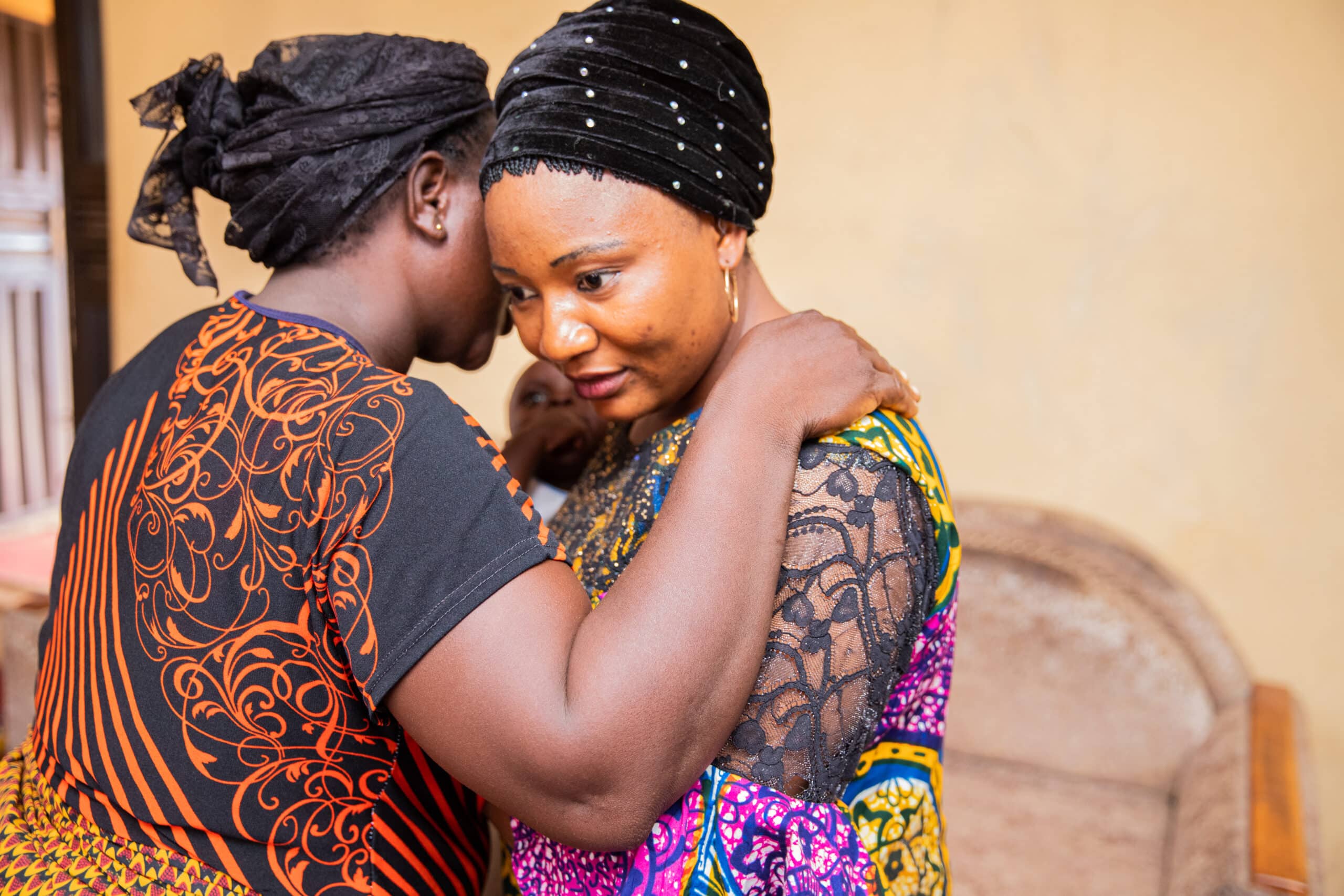Sani Hassan kept getting the same question: “Why did people die when they crossed the river?”
A health promotion officer working in Nigeria’s Bauchi State near the River Gongola, Hassan had been hearing about “mysterious” deaths. Two men with high fevers, sore throats, headaches, stomach pain, general muscle pain, coughs and swollen faces, he had heard, had crossed the river to get medical attention. After crossing, they each died.
News of their deaths spread and soon community members were linking the deaths to the river itself, spreading the false rumor that crossing the river would kill you. The worst part: The only available health facilities were across the river and now people were terrified to use them.
As a health promotion officer, Hassan plays a crucial role in providing timely and accurate health information to the community. A key aspect of his work involves addressing rumors that could spread misinformation.
Hassan’s understanding of the significance of addressing rumors, especially during public health emergencies, deepened after attending an infodemic management training in July 2022. The training was conducted by the Johns Hopkins Center for Communication Programs-led Breakthrough ACTION-Nigeria project, in partnership with the Nigerian Centre for Disease Control (NCDC) and other collaborators.
He also established links with key prevention, detection and response resource persons in the state including the disease surveillance and notification officer. This partnership paid off when the disease outbreak required fast and coordinated action between the health promotion and disease surveillance units.
Hassan and the surveillance officer headed to Guyaba to get a better handle on what was going on. They tapped into interpersonal communication skills learned through the Breakthrough ACTION-Nigeria training. As they listened to community members, they realized that the “mysterious” illness was Lassa fever, which is endemic in Bauchi State.
They explained that the disease was instead well known and could be treated with early detection. The community, however, did not trust their information. To combat the harmful rumors, the health facility and Breakthrough ACTION called on partners they have worked with before to engage influential religious and traditional leaders, Ward Development Committee members, and healthcare workers.
Together, Hassan and these trusted community stakeholders shared correct messages with the community about Lassa fever, its signs and symptoms, preventive measures and treatment.
Soon, one man was willing to send his wife with what appeared to be Lassa fever across the river to the treatment center. Days later, his wife returned home, alive and recovering from the disease.
He also came down with symptoms, went across the river to the treatment center, and recovered.
Soon, many in the community were convinced that the disease had nothing to do with the river and could be managed if people sought prompt care.
With support from Breakthrough ACTION-Nigeria, Bauchi State has shown a marked improvement in its response to infectious disease outbreaks and received an award for being one of the best-performing states for infodemic management.





